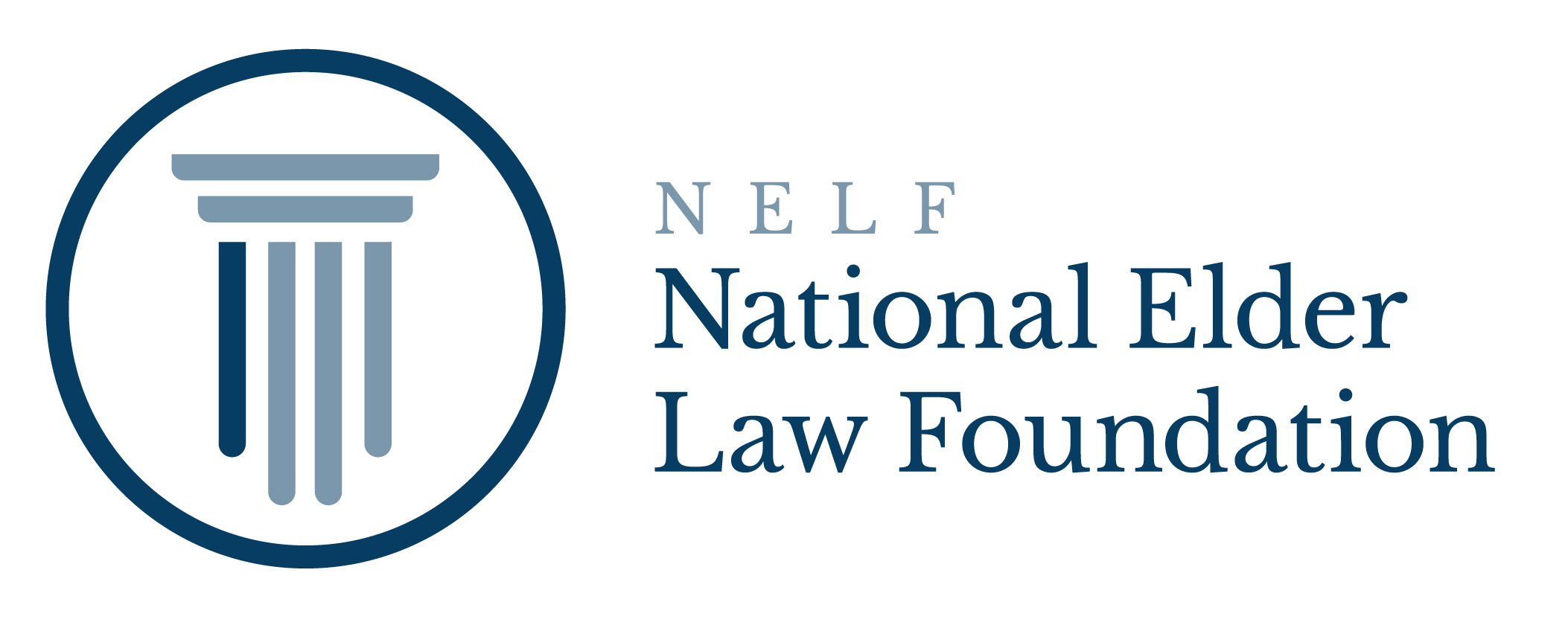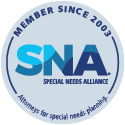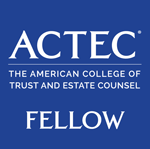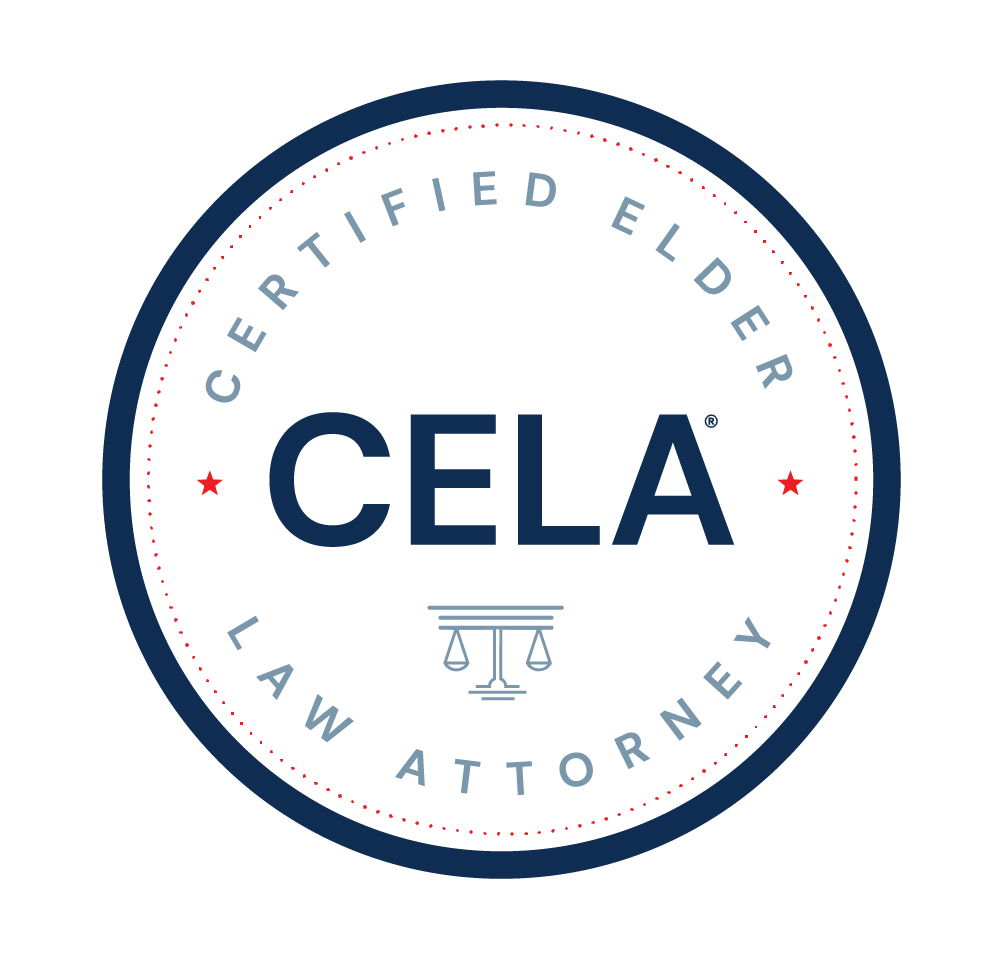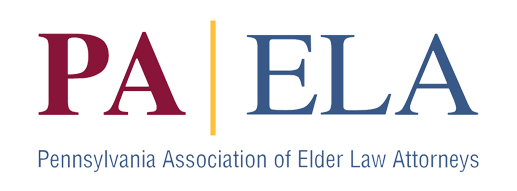The Pennsylvania ABLE Savings Program
The Pennsylvania ABLE Savings Program opened April 3, 2017. ABLE stands for Achieving a Better Life Experience, and the federal legislation was signed into law by President Obama on December 19, 2014. The law allows individuals with disabilities to establish tax qualified accounts resembling 529 college savings accounts to be used to save funds for disability related expenses.
ABLE accounts provide an important planning tool for individuals with disabilities. They are especially useful for individuals with disabilities who need a vehicle to save money without disqualifying them from benefit programs, but who want autonomy and control over their assets. Because, as outlined below, the funds may be subject to repayment of Medicaid benefits upon the death of the account beneficiary, and because contributions are limited to $14,000 per year, ABLE accounts will be most useful when the account beneficiary has excess resources and needs a way to protect those resources while still qualifying for important benefit programs.
For families wanting to save or bequeath assets for the benefit of an individual with a disability, use of a third party or supplemental care trust will usually be a better option. Third party special needs trusts provide supplemental resources for the benefit of the beneficiary in a way that is not countable for purposes of public benefit programs and that is not subject in any way to repayment of benefits upon the death of the beneficiary.
ABLE accounts are an important addition to the financial planning options for individuals with disabilities. Some key provisions of ABLE accounts are:
1. Account Owner/Beneficiary
a. By federal law, the account owner and beneficiary must be the same person, and must be the individual whose disability related expenses can be paid from the account.
b. To be an Eligible Individual you must be blind or disabled according to the Social Security Administration guidelines or according to the criteria in §529A(e)(2) and such disability must have occurred before age 26.
c. If the Eligible Individual is a minor or lacks the mental capacity to enter into a contract, the account may be opened by an Authorized Individual, including a parent, legal guardian or agent under a power of attorney.
d. Only one account is allowed per beneficiary.
2. Account Contributions
a. Total annual contributions are limited to the federal gift tax exclusion amount ($14,000 in 2017).
b. Total lifetime contributions are limited to the state 529 maximum ($511, 758 in PA for 2017). If the account balance reaches this limit, no additional contributions can be made.
c. Account contributions can be made by rolling funds the Account Owner has in another state’s ABLE plan or from an account owned by a sibling of the Account Owner.
3. Tax Benefits
a. No federal income tax deduction on contributions, but account grows tax-free.
b. Withdrawals are tax-free if used for “Qualified Disability Expenses”. Qualified Disability Expenses are any expenses related to the eligible individual’s blindness or disability, including education, housing, transportation, employment training and support, assistive technology and personal support services, health prevention and wellness, financial management and administrative services, legal fees, expenses for oversight and monitoring, and funeral and burial expenses.
c. Withdrawals that are not used for Qualified Disability Expenses are subject to regular income tax and a 10% surtax.
4. Public Benefits and ABLE Accounts
a. ABLE accounts are not countable for purposes of Medicaid eligibility.
b. ABLE accounts with balance not exceeding $100,000 will not interfere with SSI eligibility. If the balance increases above $100,000, SSI benefits will be suspended until the account balance is reduced.
c. Distributions from ABLE accounts do not count as income for the account beneficiary for purposes of SSI or Medicaid eligibility regardless of whether the distributions are for non-housing qualified disability expenses, housing qualified disability expenses, or nonqualified expenses.
d. At Beneficiary’s death, states may file a claim for reimbursement from the account for any Medicaid benefits paid on behalf of the beneficiary, but Pennsylvania law prohibits the Commonwealth of Pennsylvania from asserting such a claim. This means ABLE accounts will only be subject to repayment of Medicaid benefits the Account Beneficiary receives in states other than Pennsylvania. However, any balance remaining in an ABLE account upon the death of an Account Beneficiary must either be rolled to a sibling’s account or paid to the estate of the Account Beneficiary. Once distributed to the estate, the funds will be subject to repayment of Medicaid benefits through the Department of Public Welfare’s estate recovery program. This program applies to estates of individuals over the age of 55 and requires reimbursement of Medicaid benefits paid after age 55 for nursing facility services, home and community based services, and related hospital and prescription services.
ABLE savings programs are operated by states, and Pennsylvania is among the first states to have an active program. The PA ABLE Savings Program is administered by the PA Treasury Department. Interested individuals can open a PA ABLE account online at PAABLE.gov or by calling (855) 529-2253.
For Pennsylvania residents, there are some advantages to opening an ABLE account through the PA ABLE Savings Program.
1. For Pennsylvania taxpayers, the earnings are tax deferred and, if used for Qualified Expenses, are tax exempt.
2. Assets held in a PA ABLE account are not subject to Pennsylvania inheritance tax. Assets held in any other state’s ABLE program are subject to inheritance tax.
3. For Pennsylvania state proceedings, assets held in a PA ABLE account are protected from creditors’ claims. Assets held in another state’s plan do not have this protection.
4. For accounts opened by an Authorized Individual, that individual retains access to the account even after the Account Beneficiary reaches age 18.
For beneficiaries with the mental capacity to manage their own finances, ABLE accounts fill a much-needed void and give these individuals an option to save resources but also remain in control of them.
Some relevant legal resources regarding ABLE accounts are the following:
1. The ABLE Act – H.R. 647 of 2014
2. SSA POMS – SI 01130.740 – Effective March 21, 2016
3. IRS Interim Guidance – Notice 2015-81
4. IRA proposed regulations released June 19, 2015
5. PA enabling legislation – (SB 879) – Signed by Governor April 18, 2016
6. The PA ABLE Savings Program Disclosure Statement
7. Arc list of ABLE legislation by state.
8. Pending federal legislation regarding ABLE:
a. H.R. 4813 – would increase eligibility age from 26 to 46
b. H.R. 4794 – would allow for rollovers between 529 and ABLE accounts
c. H.R. 4795 – would permit account beneficiaries who work to save additional funds above the current $14,000 minimum.






